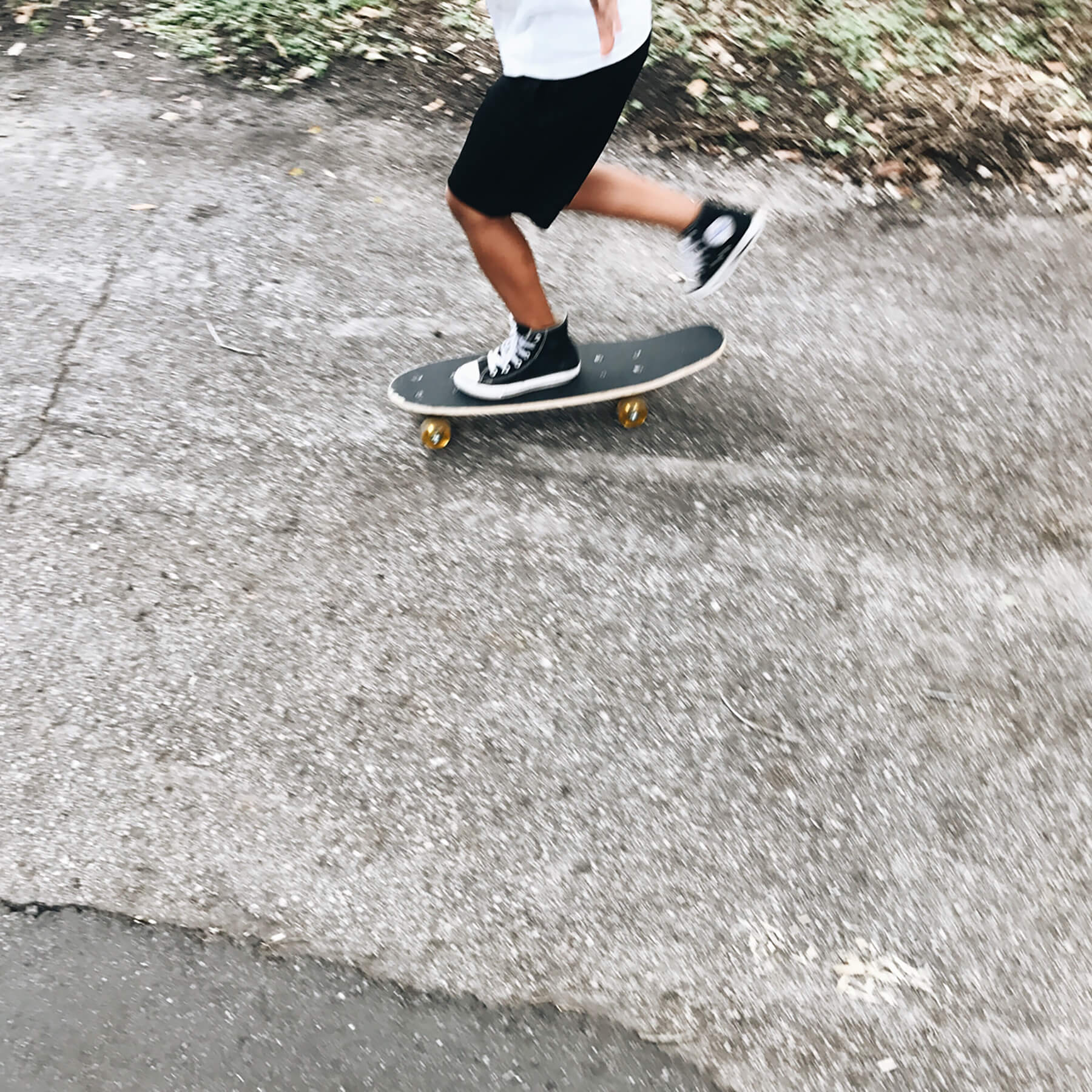After reading this post you will understand how alcohol affects your mental health and mood during perimenopause, whilst providing practical tips on how you can manage your emotions without alcohol.
Life’s like a crazy rollercoaster ride, full of wild twists and turns that can send our feelings all over the place. And for women going through perimenopause, it can sometimes feel like you’re on this wild ride blindfolded. All those hormone changes can whip up an emotional storm that can leave even the toughest among us feeling pretty beat down and exposed. In the middle of all that, a lot of us turn to something familiar for comfort: alcohol. But is it really giving you the refuge you’re looking for, or is it just a sneaky escape route that leads you even further off track?
Here, I explore the intricate relationship between alcohol consumption and mental health during perimenopause.
Alcohol’s Impact On Emotional Wellbeing During Perimenopause
Meet Sophie, a French actress in her 40s, living amidst the enchanting charm of Paris, her days filled with the laughter of a three-year-old toddler and the warmth of her loving husband. But beneath her glamorous exterior lies a battle raging within. The hormonal fluctuations of perimenopause have transformed her emotions into a wreck, brewing beneath her elegant façade. In search of solace, she turns to the seductive embrace of alcohol.
Unfortunately, this supposed magic potion of relief has a hidden price tag. Alcohol, while initially offering Sophie a fleeting escape, intensifies the very emotional turbulence it promises to soothe. That short-term break actually turns into a giant megaphone, making her bad feelings even louder and stoking the flames of anger. Sophie, like many others, finds herself caught in a vicious cycle. Seeking solace in a glass of Merlot, only to be consumed by a tidal wave of fury.
How Alcohol Alters Our Neurochemistry
To really get why alcohol and emotions are doing this complicated tango, we need to dive into some brain science. When alcohol gets into your system, it travels through your blood and gets to your brain, where it starts doing its thing with cunning precision. It messes with different neurotransmitters and that impacts your state of mind, often with catastrophic consequences.
One neurotransmitter that’s really leading this dance is something called gamma-aminobutyric acid (GABA). Alcohol amps up GABA’s calming effects, which gives you that sedated and chilled-out feeling. So it’s no surprise that after a drink or two, you feel a bit more relaxed as alcohol gently soothes your worries away.
But alcohol, being the sneaky devil it is, has another trick to play. While that GABA-induced chill is taking over, it’s also putting a lid on an excitatory neurotransmitter called glutamate. This puts a damper on your cognitive function, your decision-making, and your ability to control your emotions. It messes up the fine balance between these neurotransmitters, leading to wild mood swings, increased anxiety, and even periods of depression.

Escaping The Alcohol and Perimenopause Trap
Now that we’ve pulled back the curtain on the secret baddie in our story – the way alcohol affects mental health during perimenopause – how can you regain control over your emotions and gracefully handle these stormy times?
- Awareness is the First Step: Recognize the patterns, triggers, and emotions that push you towards alcohol. Understanding your own journey and emotional landscape empowers you to break free from the chains of liquid indulgence.
- Seek Support: Surround yourself with a community of like-minded individuals who understand the challenges of perimenopause and offer genuine support. Share your struggles, celebrate your victories, and learn from others’ experiences. You are not alone on this voyage. I repeat, you are NOT alone.
- Embrace Alternative Coping Mechanisms: Replace the siren call of alcohol with healthier ways to manage your emotions. Engage in daily exercise, practice mindfulness and meditation, or explore creative outlets such as painting or writing. These approaches can give you peace and calm without leaving you with the nasty after-effects of alcohol.
Let’s Catch Up With Sophie, The French Perimenopausal Actress
We catch up with Sophie at a turning point. Fed up with the damaging relationship with alcohol, she decides to take a new path towards emotional steadiness. She turns to Annie Grace’s eye-opening book, “The Naked Mind,” which shows a way out of alcohol’s grip.
With this fresh knowledge in hand, she takes on the challenge of reshaping her emotional world. She surrounds herself with a supportive group of people going through the same thing, swapping stories of bouncing back and motivating each other to stick with it. Together, they brave the storm with grit.
Sophie doesn’t lean on alcohol to keep her emotions afloat anymore. Instead, she finds the strength within herself to handle the wild journey of perimenopause. She takes comfort in mindful practices and uses her creativity to turn her feelings into art. Through these life-changing experiences, she gets back in touch with her true self – a strong and self-confident woman.
Meet Valentin, Sophie’s Husband’s & His POV
We can’t ignore the effect this rocky phase has on Sophie’s loved ones, especially her husband. As he’s there with her through all of this, he sees the toll the mix of alcohol and perimenopause is taking on her emotional and mental health, and it really leaves a mark on their relationship.
He watches as his energetic and lively partner changes into a woman caught up in this whirlwind of hormone changes. The emotions she used to have under control become unpredictable and intense, hitting their relationship like a storm.
He feels like he’s constantly walking on eggshells, never knowing what might set off an emotional downpour. Simple chats can quickly turn into big arguments, and the tiniest slip-up can lead to a flood of tears. Valentin wrestles with his own mix of feelings, too – confusion, frustration, and even a sense of helplessness as he tries to give his partner the support she needs.
But in the middle of all these struggles, he also sees his wife’s toughness and ability to bounce back. He watches her determined effort to hold it together through the storm, to find steadiness in the midst of all the turmoil. He respects her courage in reaching out for help, in trying out new ways to cope, and in her dedication to personal development.
Together, they start on a journey of understanding and empathy. Valentin takes it upon himself to learn more about the ins and outs of alcohol and perimenopause, finding resources that explain the physical and psychological changes his wife is going through. He becomes a rock of support, offering a safe space for her to share her feelings and being there to listen when she needs it.
On this shared journey, Sophie’s husband learns how important it is to be patient and compassionate. He finds out that sometimes, all Sophie needs is to know he’s there, a soft touch, or a kind word. He understands that his job isn’t to solve everything for her, but to be there for her, holding their relationship steady with unwavering love and understanding. Now, let’s be honest, none of this has been easy. They’ve almost split up a few times and they’ve had to clear the air more than once.
Through the struggles, Valentin watches his wife transform, grow, and keep her spirit strong. He sees her rediscover her inner strength and use it to handle perimenopause. And as they go through this transition together, their love eventually grows stronger, reinforced by everything they’ve been through together.
Sophie’s husband’s viewpoint on how tough perimenopause can be gives us a look into the challenges and the good parts of being there for a partner during this big life change. It takes patience, understanding, and a readiness to grow together.
Impact Of Perimenopausal Rage On Parenting A Toddler
Dealing with perimenopausal rage is especially tough for Sophie as she tries to take care of her lively toddler while dealing with her own hormone-induced ups and downs. Her sudden fits of rage create an unpredictable and shaky environment for her little boy Éliott, who might end up seeing his mom’s angry outbursts and feel confused and scared.
Sophie’s battles with rage could affect her ability to effectively guide and discipline her toddler. In-the-moment reactions and strict punishments replace patience and understanding, which could get in the way of her son’s emotional growth and his understanding of boundaries. The tense atmosphere created by Sophie’s perimenopausal rage might also interfere with the strong bond between mother and child, leaving the toddler feeling unsure and uncertain about what each new day will bring.
To tackle these problems, Sophie decided to put her emotional health first and ask for help. Having open conversations with Valentin, her husband, helped build understanding and empathy, and getting professional help gave Sophie advice and ways to cope. Practicing mindfulness, using adaptogenic supplements like ashwagandha and shatavari, taking care of herself, and having a support network gave Sophie the tools she needed to handle perimenopausal rage in a better way.
Time To Embrace Emotional Stability And Uncork Your Potential
Perimenopause is a game-changer, pushing you to reassess who you are and embrace your changing self. As you navigate this rocky road, it’s tempting to listen to the siren call of alcohol offering a quick escape. But here’s the hard truth, alcohol’s a tricky one, giving fleeting relief at the price of heightened feelings and a mental rollercoaster. Alcohol and Perimenopause is not a cocktail made in heaven!

“The Best Way To Predict Your Future Is To Create It, Not From The Known But The Unknown.”
Dr. Joe Dispenza
Instead, you could choose to walk a different path, one that leads to emotional steadiness and a journey of self-discovery. Equipped with knowledge, a support system, and other ways to cope, you too can steer through the storm with a clear mind, resilience, and grace. Just like Sophie, you can unlock your potential and openly welcome the empowering journey of perimenopause.
Let’s toast, not to the short-lived relief of a glass of wine, but to the limitless opportunities waiting for you on the path to emotional stability. Here’s to an incredible journey of self-discovery, where the stormy clouds break apart, revealing a future full of strength, calm, and unwavering determination. Allow the winds of change to carry you forward as you set off on this amazing journey, unlocking your potential, one feeling at a time.
By channeling her inner strength and focusing on personal growth, Sophie managed to turn her journey of perimenopausal rage into a chance for family growth. By focusing on emotional stability, open conversation, and creating a loving environment for her child to grow, she succeeded in navigating the perimenopause challenges while also providing a nurturing space for her toddler’s development.
And let’s not forget, the first step Sophie took on this path was saying goodbye to alcohol.

My Nugget Of Wisdom
I remember when I first stumbled across Dr. Joe Dispenza’s teachings, feeling like I’d discovered a hidden gem. He said something that really resonated with me, “The best way to predict your future is to create it, not from the known but the unknown.” For us perimenopausal women, it’s about acknowledging the unknown of our changing bodies and minds and deciding to shape our future selves.
I decided to take the path of sobriety, not because it was easy, but because I realized I couldn’t create a vibrant, emotionally stable future with alcohol as my crutch. Alcohol can play tricks on our perimenopausal minds, amplifying mood swings, anxiety, and brain fog. And let me tell you, the emotional clarity that comes from releasing alcohol from your life during this time? It’s a game-changer.
You too have the power to reinvent your emotional reality, and sometimes, that means saying goodbye to old habits. It’s a journey I’ve taken, and I promise you, it’s worth every step.
What Can I Do About It?
Hey, If You’ve Just Finished Reading About The Sneaky Ways Alcohol Can Play With Your Mental Health During Perimenopause, You Might Be Wondering – What Can I Do About It?
Well, I’m glad you asked. Consider doing our Program, ‘Quit Alcohol And Win Back Your Mind & Body Shape In Midlife.‘ It’s got the answers you’re looking for – and more. Pre-order now – Your mind (and mood) will thank you.